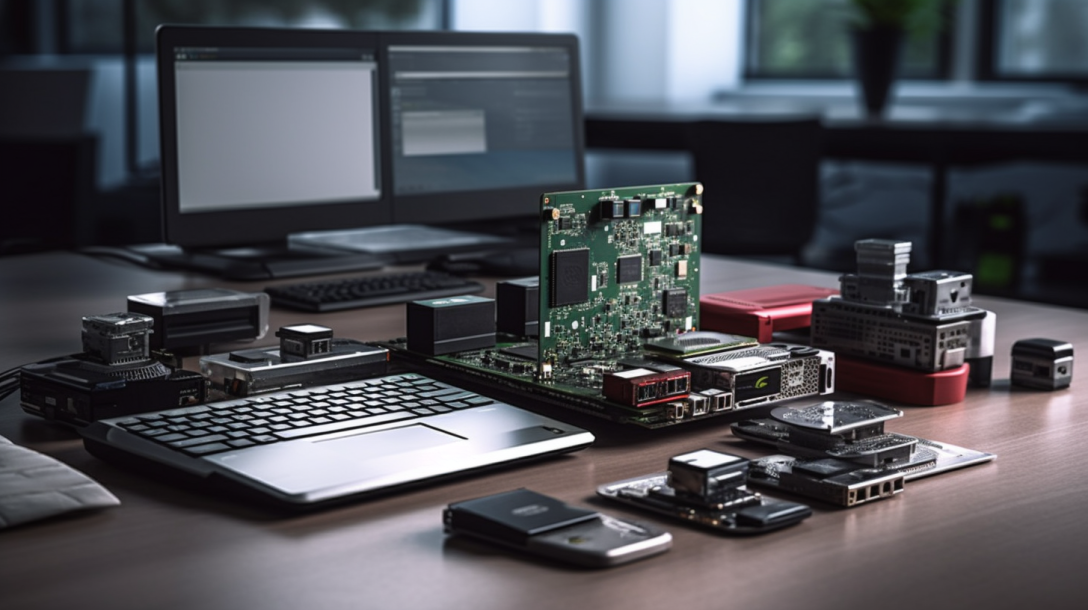Circumventing the Raspberry Pi Shortage

Introduction
The Raspberry Pi has become an essential tool for hobbyists, educators, and professionals alike due to its affordability and versatility. However, the recent global shortage of these devices has left many in a bind. But fear not, there’s a solution at hand - repurposing small form factor (SFF) PCs from manufacturers like Dell, Lenovo, and HP. These machines, often overlooked, can serve as excellent alternatives to Raspberry Pi for many applications. Moreover, by reusing these devices, we can contribute to a more sustainable future by reducing electronic waste. Additionally, these SFF PCs pack a punch in terms of power, outperforming Raspberry Pi in many aspects and offering the ability to run full-fledged versions of Linux.
The Power Advantage: SFF PCs vs Raspberry Pi
While Raspberry Pi devices are incredibly versatile and suitable for a wide range of projects, they do have their limitations in terms of processing power and memory. This is where SFF PCs shine. With at least an Intel Core i3 or equivalent AMD processor and a minimum of 4GB RAM, these PCs can handle tasks that would be challenging for a Raspberry Pi. This makes them ideal for more resource-intensive projects.
Moreover, unlike Raspberry Pi, which runs on a lightweight version of Linux, these SFF PCs can run regular versions of Linux. This opens up a whole new world of software compatibility and functionality, making your projects even more versatile.
The Green Choice: Reducing E-Waste
Electronic waste, or e-waste, is a growing global concern. By choosing to repurpose an existing SFF PC, you’re not only finding a solution to the Raspberry Pi shortage but also making a green choice. Reusing electronics extends their life cycle, reducing the need for new devices and thus decreasing e-waste.
Choosing and Repurposing SFF PCs
When choosing and repurposing a SFF PC as a Raspberry Pi alternative, consider the processor, RAM, storage, connectivity, and operating system. Once you’ve chosen your SFF PC, clean it up, upgrade if necessary, install the software you need for your project, and configure the settings to suit your needs.
Conclusion
While the Raspberry Pi shortage is inconvenient, it opens up an opportunity to explore alternatives like small form factor PCs. Not only are these devices readily available and powerful, but they also offer a chance to make a positive environmental impact. By reusing a Dell, Lenovo, or HP SFF PC, you’re contributing to a reduction in e-waste, promoting a more sustainable future. Remember, one person’s outdated PC is another person’s treasure, and in this case, it’s also a step towards a greener planet and a more powerful computing solution. Happy repurposing!